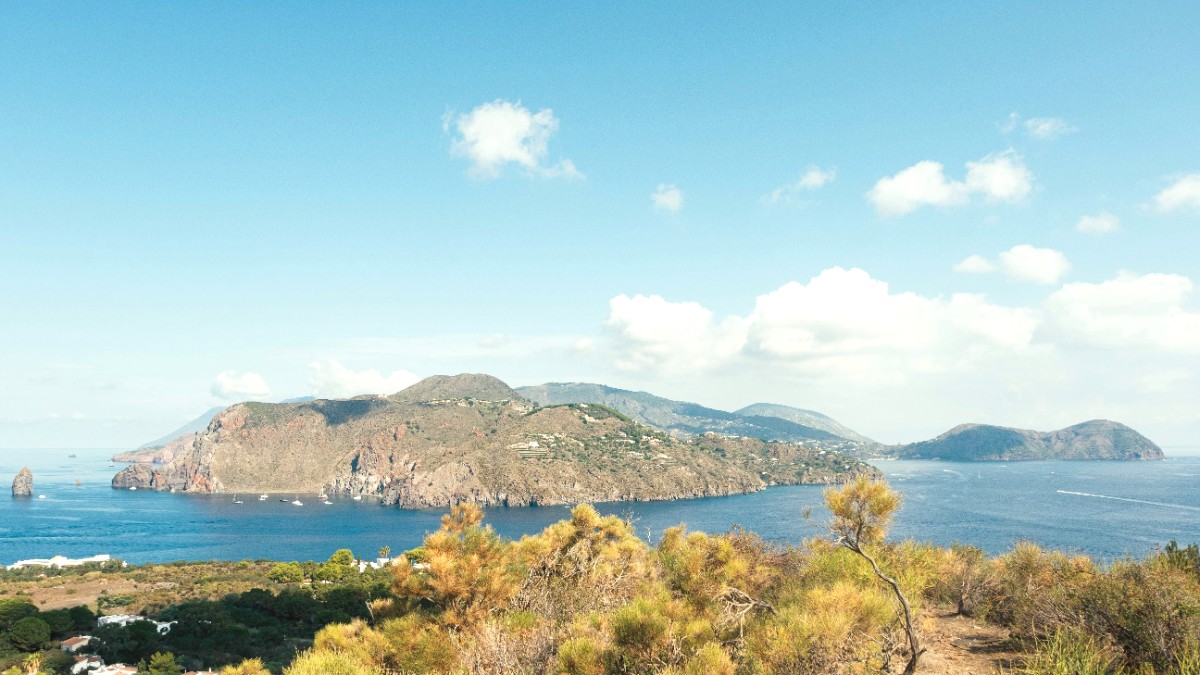
Italy
Italy has three main mobile network providers: TIM, Vodafone, and WindTre. All have good coverage in main towns and most of the Aeolian Islands. Signal strength might be patchy in very remote coves.
Wi-Fi is widely available in the Aeolian Islands. Most hotels, B&Bs, and many restaurants and cafes offer free Wi-Fi for their guests. Some main squares in larger towns might also have public Wi-Fi hotspots, though connection quality can vary. Solis Wi-Fi offers portable options for continuous connection.
Learn these common Italian phrases for smoother interactions.
phrases for common travel situations.
Practice a few phrases before you go. Even a small effort connects with locals and often brings warmer interactions.
Review typical operating hours for businesses to plan your days efficiently.
Many shops, especially smaller, independent ones, open from 9:00 AM or 9:30 AM to 1:00 PM or 1:30 PM. They then close for an afternoon break (`riposo` or `siesta`), reopening from 4:00 PM or 4:30 PM to 7:30 PM or 8:00 PM. This afternoon closure is less common in very touristy areas during high season.
Lunch service usually runs from 1:00 PM to 3:00 PM. Dinner service begins later, typically from 8:00 PM to 11:00 PM (sometimes later in summer). Bars open earlier for breakfast coffee and pastries.
Generally open from 9:00 AM or 10:00 AM to 5:00 PM or 6:00 PM. Many museums and some attractions are closed one day a week, commonly on Monday. Always check specific opening hours for any attraction you plan to visit.
Traditional bank branches usually operate from 8:30 AM to 1:30 PM. For most travelers, banking needs are met through ATMs (`Bancomat`).
On public holidays, many businesses, banks, and services may close or operate with reduced hours. Plan accordingly, especially for transportation.
Verify specific opening hours for attractions and businesses during your travel dates, especially if visiting outside of peak summer months.
Observe local customs for respectful interactions and a fulfilling visit.
Always use "Buongiorno" or "Buonasera" when entering shops, restaurants, or addressing strangers. "Ciao" is informal.
Smart casual attire is generally appropriate. Italians, even in holiday destinations, tend to dress well for evenings out.
Generally, photography is allowed in public spaces. However, exercise discretion and respect for privacy.
Avoid discussing Italian politics, especially regional differences, which can be complex. Avoid overly loud conversations or behavior in restaurants or residential areas.
The Aeolian Islands present accessibility challenges for travelers with mobility impairments.
The islands' natural terrain is often hilly, with many narrow, winding, and cobbled streets. Steps are common in towns and to access buildings. Older structures rarely have lifts or ramps.
Few attractions are fully accessible. Lipari's Archaeological Museum within the castle complex might have some accessible areas.
Specialized services for travelers with visual or hearing impairments are limited.
Contact Italian disability travel organizations or larger travel agencies specializing in accessible travel for specific advice and recommendations.
The islands' hilly terrain, narrow streets, and numerous steps can present difficulties for mobility-impaired travelers.
Older structures frequently lack lifts or ramps, and public transportation generally is not adapted for wheelchairs.
For a smoother trip, focus on Lipari and confirm specific accessibility features with accommodations and tour operators directly.